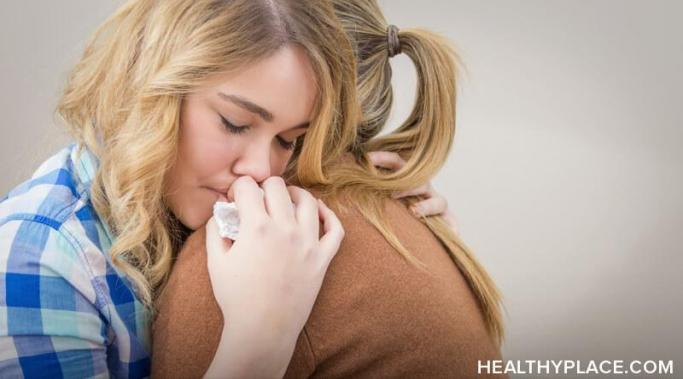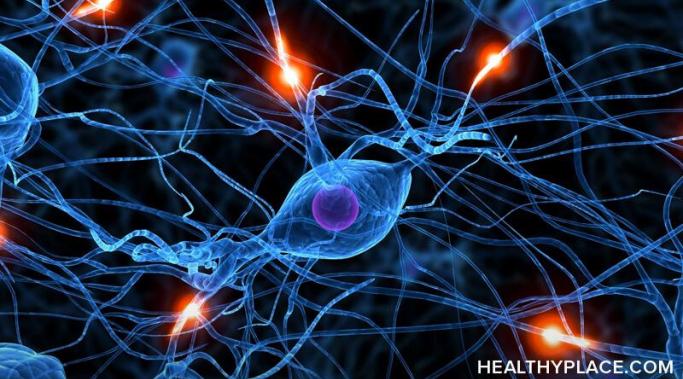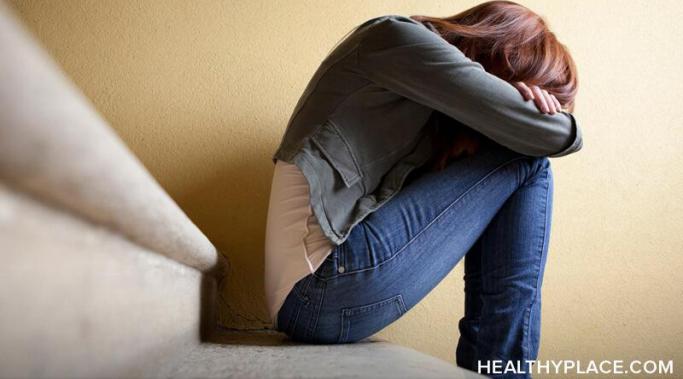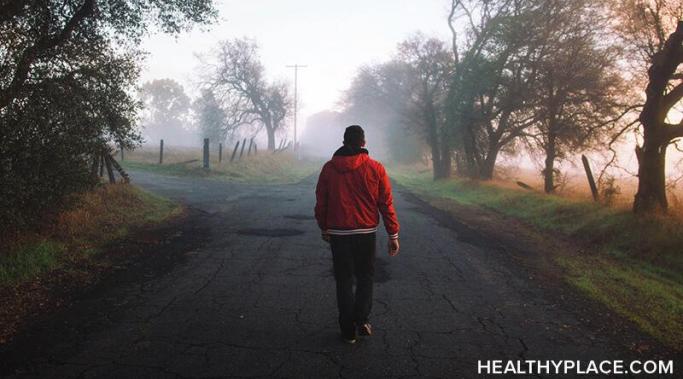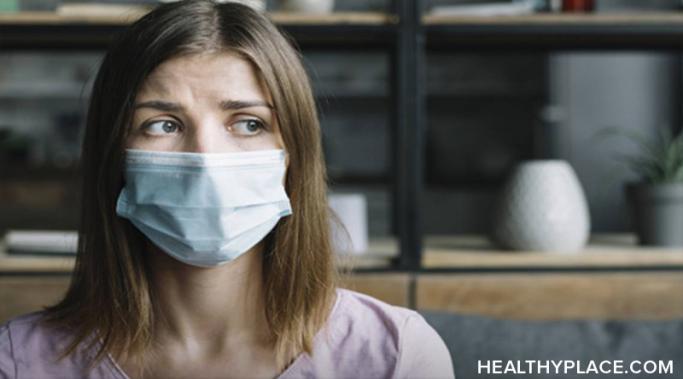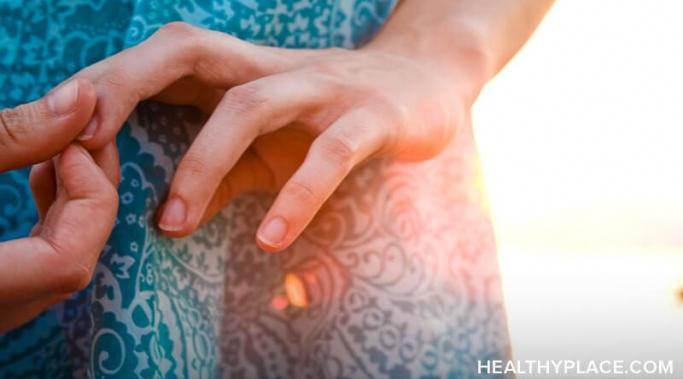Recovering from depression is tricky because depression is a chronic illness that can't be fully cured, so sometimes it's hard to tell whether you're getting better or not. There are countless articles detailing the signs that you have depression, but I wanted to create an article explaining the signs that you're recovering from depression. This is what recovery has looked like for me so far.
Recovery Issues
Polyvagal theory has become an integral part of my healing journey as I learn to accept and cope with my trauma. But what is polyvagal theory? Let's talk about it.
I can't connect with people anymore. There are so many people in my life who I love so dearly, but lately, I haven't been able to feel connected to them in any meaningful way. Even though part of my brain is telling me that something is horribly wrong with me because I can't connect with others, I think this may actually be affecting lots of other people in recovery. So I think we should talk about some of the real reasons why I can't connect with people right now.
For most of my childhood, I used reading to cope with trauma. This might not sound like a bad thing, and it wasn't entirely, but it came with a couple of big problems. Coping mechanisms develop as a way for us to protect ourselves, to survive despite threats to our wellbeing or identity. However, these coping mechanisms can get in the way of real connection.
If you're finding yourself needing more rest -- taking more naps or going to bed earlier than you used to ever since you started your journey toward recovery -- don't worry. It's normal. The truth is, most people need more rest in recovery because emotional work is hard work, and it tires us out.
A few nights ago, I used a crisis text line for the first time. I had no idea what to expect; I just knew I was in too dark of a place to really manage it on my own anymore. So I reached out, and I'm really glad I did. (Note: This post has a trigger warning.)
Having undiagnosed mental health issues is really hard; I'm not going to lie. For so many years, I have craved having a distinct, definitive mental health diagnosis, but it just never seems to happen. I've had several diagnoses over the years, but none of them have ever really felt right. Sometimes I wonder if I'm the problem, if nothing will ever feel right for me.
Recovering from mental illness is a lot of work all on its own, but lately, those of us in recovery have been handling another major mental health issue: pandemic fatigue. I'm calling pandemic fatigue the sense of weariness and hopelessness that comes from social distancing and missing out on big events as the world battles COVID-19. Lately, pandemic fatigue has been making it much harder for me to focus on my mental health recovery because I've had to go without my usual coping mechanisms for months now.
For the last year or so, I have been doing a lot of work to process my childhood trauma. I've been in therapy, I've been taking psychiatric medication, I've been doing outside reading, and my therapist and I even found a way to work one of my favorite TV shows into my trauma work. In general, I think it's going really well, except for one problem: parenting. I don't know how to avoid causing my son the same trauma that happened to me.
Even though I've been working toward mental health recovery for years now, feeling better makes me nervous. I spent the past few months struggling harder than I have in quite a while, so I reached out to my psychiatrist, and he prescribed me a new medication. He said it should help prevent some of my suicidal ideation and give me more energy so I would be less overwhelmed by my life. There are so many things that can go wrong with new medications, but that didn't happen for me. It worked exactly like the doctor said it would. I feel much better, and that makes me nervous.
